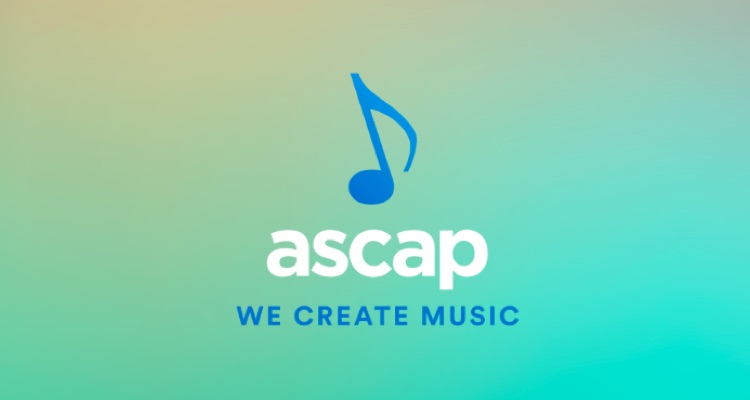
In spite of the COVID-19 pandemic and its associated lockdown measures, the American Society of Composers, Authors and Publishers (ASCAP) collected $53 million more in 2020 than it did in 2019, according to a newly released yearend report.
The 107-year-old performance rights organization (PRO) collected some $1.327 billion during 2020, against $1.274 billion in 2019, per the report. Within the figure, foreign revenue increased by nine percent year over year, to $358 million, whereas domestic revenue grew by 2.5 percent (approximately $24 million), to $969 million.
Needless to say, ASCAP experienced “uncomfortable declines” across certain segments due to pandemic-prompted closures, specifically including a 30 percent falloff “from businesses that were shut down or at reduced capacity during the last three quarters of 2020,” live-music venues, restaurants, and hotels among them.
Also worth reiterating is that ASCAP delayed making payments to its members in April of 2020, attributing the controversial move to a lack of short-term capital as licensee businesses grappled with lockdown measures and prioritized expenses other than their PRO bills. Evidently, however, the circumstances that brought about said delay weren’t enough to materially impact ASCAP’s overall collections across the year.
On this front, the report indicates that the domestic revenue uptick resulted in part from a 28 percent year-over-year hike in streaming as well as an eight percent boost in audio/visual. And in terms of the royalties that actually reached songwriters, composers, and publishers, ASCAP in 2020 had $1.213 billion “available for distributions,” of the aforementioned $1.327 billion in total revenue. The former figure marks a 2.5 percent/$29 million YoY increase.
Lastly, in terms of 2020 performance specifics, ASCAP’s ranks grew by north of 58,000 members, to a total of roughly 800,000 enrolled creators. The section of the report that discloses this membership total, entitled “Growth + Reach,” includes pictures of prominent music-community members such as Swizz Beatz, DaBaby, Meek Mill, and Hans Zimmer, to name just some.
In January, the Department of Justice once again refused to change the approximately 80-year-old BMI and ASCAP consent decrees, with Makan Delrahim, former assistant attorney general for the DOJ’s Antitrust Division, indicating in part that “many licensees expressed the view that the decrees are largely working.”
The music industry promptly began petitioning the ruling, as part of its years-running effort to chip away at the measures. And in a letter to the president – separate from the letter that it sent to congressional leaders – the MIC Coalition expressed opposition to the idea of rolling back the consent decrees.
“Weakening either decree would undoubtedly expose a countless number of licensees to anticompetitive pricing and jeopardize the financial solvency of a considerable number of small businesses that often serve as the economic lifeblood for local communities throughout the country,” MIC Coalition higher-ups wrote.

